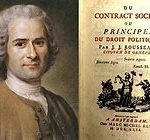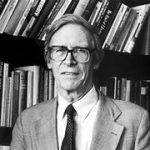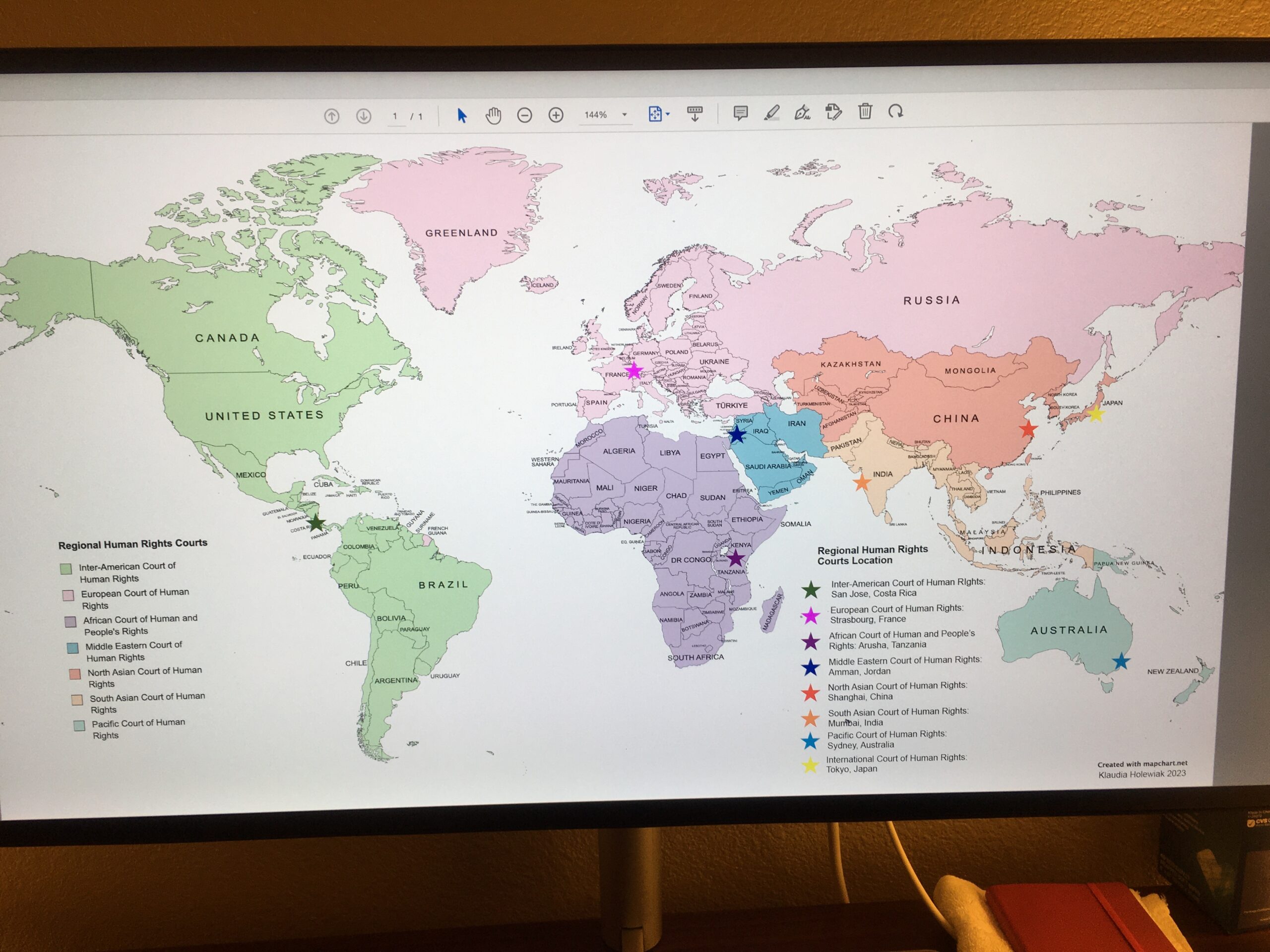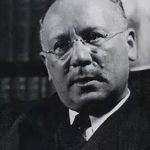Previous blogs have talked about the mission of Unite for Rights and the architecture for carrying out that mission. This one describes the philosophical foundation upon which the mission and architecture rest.
Unite for Rights puts our social contract, our agreement as to how we will live together on this magnificent planet, into writing.
Today, after thousands of years, humans have an understanding of rules which they live by together. We are not born with rules, we are born without them. But for the sake of security, and personal as well as social advancement, we reach agreements so that we may live in peace with well-being, or at least have the means to resolve disputes through law rather than war, and provide for a decent, if unequal, life for all.
We call these agreements laws, whether they are created in a town, city, state, nation, or internationally. Law is an agreement to live together at each of these levels.
Law, like physics or psychology, is not fixed; it’s a continuum. Newton’s theories were thought to be absolute until Einstein proved him wrong. So too with our social contract. Though some may claim agreements embodied in law absolute, they are not. Law, like physics, is evolutionary.
The question, then, is what evolutionary path do we take to further develop our social contract, our agreement to live together, at the international level? And how do we make it enforceable for those who govern in all countries?
 Jean Jacques Rousseau, a Swiss/French philosopher, in his famous book Social Contract (1762) said that it is for us, the people, to write the rules for those who govern: “The people build the machine, the Prince merely operates it.” A Bill of Rights, at any level, is the machine.
Jean Jacques Rousseau, a Swiss/French philosopher, in his famous book Social Contract (1762) said that it is for us, the people, to write the rules for those who govern: “The people build the machine, the Prince merely operates it.” A Bill of Rights, at any level, is the machine.
But what rules do we include, and how do we pick them? Another philosopher, John Rawls, a leading thinker in political philosophy, elaborated on the social contract two centuries after Rousseau, with three masterworks: A Theory of Justice, Political Liberalism and The Law of Peoples.
 Rawls suggested that in order to choose rights, it is important to think from the perspective of a person who could come out into the world in any place, in any country.
Rawls suggested that in order to choose rights, it is important to think from the perspective of a person who could come out into the world in any place, in any country.
He called the application of this screen “the veil of ignorance.” When the veil is applied it is unlikely that those choosing rights would construct a social contract whereby 80% of the people on Earth are living on less than $10 US dollars a day. Nor would they accept widespread limitations on the ability to speak their minds about those who govern, realizing that they are giving up their personal liberty to tyranny.
Unite for Rights applies this philosophical thinking in our “drafting through dialogue” process. SAYING “BUT COUNTRY X WILL NOT ACCEPT THIS” IS NEVER AN APPOSITE COMMENT WHEN ENGAGED IN THE DRAFTING THROUGH DIALOGUE PROCESS. There is a draft International Bill of Rights on our Unite for Rights website. With Rousseau and Rawls in mind, Unite asks you to help edit this Bill of Rights assuming that you could emerge any place, in any country, so that it can become a social contract for those who govern in all countries, and for us as citizens in our interactions with one another.
The deal is we give representatives the power to govern only when they agree in return that we get a certain set of rights. As we make this list of rights, let’s not think from a myopic view of our own particular circumstances, but from a view for all humanity. As author Paulo Coelho conveyed in “The Alchemist”: “When you conspire on behalf of the world, the world conspires on behalf of you.”
A simple rule of thumb is that when a child is born, wherever that child may be, the rest of us clap, and welcome them into a social contract which provides for a good life on Earth, including rules upon anyone who may govern them.
The philosophy of Unite for Rights is not wishful thinking, it also contains process. After the end of World War I, having personally seen the atrocities of conflicts among nation states, Eleanor Roosevelt spoke out publicly in favor of a “World Court” that could resolve disputes between nations to provide for judicial resolution of inevitable disputes.
After World War II, Eleanor, with Rene Cassin (who also supported a World Court after WWI, where he was maimed in battle) revisited the idea of rights enforceable in courts, this time embodying it in the Universal Declaration of Human Rights, and later in the European Court of Human Rights.
 A political philosopher with whom I studied, Burleigh Wilkins, wrote about the expansion of Regional Courts such as the European Court of Human Rights to form an intertwined array of courts that could be reviewed by an International Court of Human Rights. This map captures such a regional court structure:
A political philosopher with whom I studied, Burleigh Wilkins, wrote about the expansion of Regional Courts such as the European Court of Human Rights to form an intertwined array of courts that could be reviewed by an International Court of Human Rights. This map captures such a regional court structure: Burleigh blended the philosophy of social contract with the application of enforceable law.
Burleigh blended the philosophy of social contract with the application of enforceable law.
Few have understood better the evolutionary process of human rights into legal rights, enforceable in courts of law, than Frank Newman, the former Dean of the University of California, Berkeley, School of law. I had the good fortune to study with Frank as a law student, and he later was my mentor for my LL.M.
 Frank had a specific benchmark for me as I embarked on my LL.M. He made me promise to “make human rights juridical,” that is enforceable in courts of law. Frank had also served as a Justice on the California Supreme Court before leaving it to return to Berkeley Law and his work to make human rights “juridical,” not just in California, or the U.S., but internationally.
Frank had a specific benchmark for me as I embarked on my LL.M. He made me promise to “make human rights juridical,” that is enforceable in courts of law. Frank had also served as a Justice on the California Supreme Court before leaving it to return to Berkeley Law and his work to make human rights “juridical,” not just in California, or the U.S., but internationally.
At Unite for Rights, you have the juncture of social contract theory with enforceable law. A symbiotic relationship in which one is insufficient without the other, and in combination follows the directive of Eleanor Roosevelt that “we must do the thing we think we cannot do,” make human rights enforceable in the courts of all countries, with Regional Courts to provide review when domestic courts fail, so that rights become “fully realized” in accordance with Article 28 of the UDHR.
There were concerns expressed at the time of the drafting of the UDHR. One of the leading legal scholars of the day, Hersh Lauterpacht, expressed his concern that the UDHR would give a false impression that it was law, when it was not.  He thought that a situation would emerge whereby the UDHR would be proclaimed, yet remain unenforceable, or that academics would claim it was enforceable, but Judges would refuse to apply it in cases: that is what has happened.
He thought that a situation would emerge whereby the UDHR would be proclaimed, yet remain unenforceable, or that academics would claim it was enforceable, but Judges would refuse to apply it in cases: that is what has happened.
It’s time to admit that Lauterpacht was right. It is not admitting failure, but rather provides a guide, both philosophical and practical, for our next steps to take.


Leave a Reply